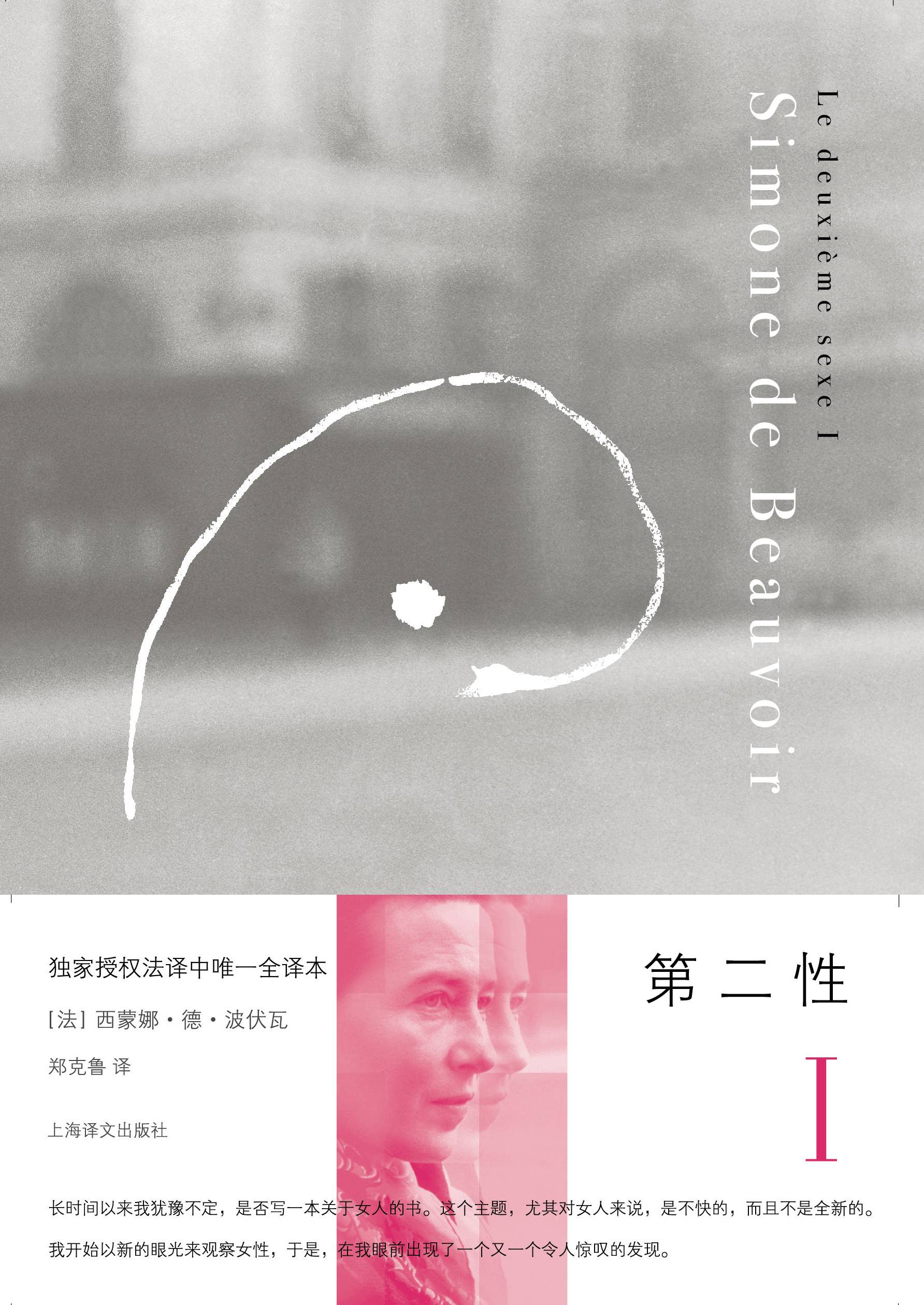Translating French classics over decades
By Fang Aiqing | China Daily Global | Updated: 2020-10-13 10:05

Zheng Guanying was the first to use the word "constitution" in Chinese and the first to propose that Shanghai should hold a World Expo to boost trade and economy.
Zheng Kelu was fond of Russian and French literature since high school and later studied French at Peking University from 1957.
After graduation, he worked at the Chinese Academy of Social Sciences, led by late poet Bian Zhilin (1910-2000). During the "cultural revolution" (1966-76), he spent more than a year reciting the French-Chinese dictionary, because it was the only learning material available.
He was then able to read original French works. He annotated more than 80 novels of Honore de Balzac's The Human Comedy. His debut translation work was Balzac's The Elixir of Life, published in 1979.
Zheng went to SNU in 1987.That year he was rewarded Ordre des Palmes Academiques (an academic Golden Palm medal) from the French Ministry of Culture.
He said in an interview with Shanghai Observer in November that the key to a quality translation lies in how to deal with sentence patterns, especially relative clauses that don't exist in the Chinese language.
He emphasized polishing language use and concluded his translating style as concise and fluent while being literarily graceful.
In his translation, he dared to use rarely used Chinese characters in a hope to make his readers turn to the dictionary and therefore expand their knowledge and vocabulary.
He chose not to retranslate Romain Rolland's Jean-Christophe as he thought he would not go beyond Fu Lei's classical version. He also turned down the request to translate Marcel Proust's Remembrance of Things Past for a similar reason.
In Zheng's view, translating practice helped to improve his French language capability, while doing research inspired him on selecting literature works to be translated.
Benefitting from his research, he attached great importance to the preface of his translation so as to help the readers learn about highlights and historical value of the works, and the authors' writing techniques and motives.
His student Zhu Zhenwu, professor of SNU, said Zheng still spent most of his time in office these years. He attended an offline academic panel and gave a passionate speech on June 5.
In his late years, Zheng and his wife Zhu Biheng, also a translator, mainly dined at the school canteen.
Some SNU students noted under the university's obituary posted through WeChat public account that they often saw the couple pulling their iconic cart of books between school and home over the years.
One note reads, "Since then the pleasant picture of an aged couple supporting each other on their way to and from campus has been reduced to a lonely silhouette."
























